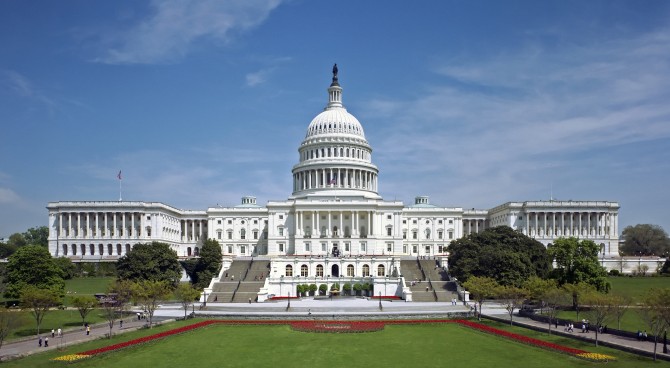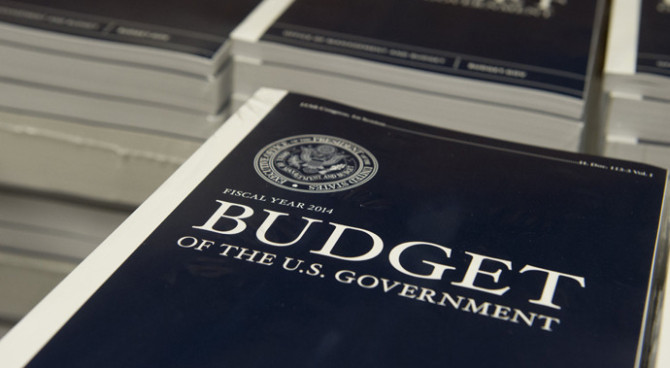He agreed to cap Japanese auto imports in 1981 but hated the deal and did it only as a compromise.
ET
During a debate that I participated in at the Harvard Club of New York in December, Oren Cass, founder of the think tank American Compass, tried to draft President Ronald Reagan into the ranks of trade protectionists. Mr. Cass quoted a claim that Reagan was “the greatest protectionist since Herbert Hoover” and said that he “took repeated aggressive protectionist trade actions against the Japanese in particular.”
Mr. Cass’s argument, now a standard protectionist claim, was that because Reagan in 1981 agreed to a temporary voluntary restraint deal limiting the number of Japanese automobiles that could be imported into the U.S., he was a protectionist. I pointed out to Mr. Cass that I saw Reagan “at least once a week” during that period while I was working on the president’s budget, which I co-authored in the House, and could attest that the president hated the deal. He agreed to the compromise only to prevent lawmakers from passing more extreme protectionist legislation.
Several historical events led up to the Japan agreement. The U.S. emerged from World War II with a monopoly in heavy manufacturing because our industrial base was new and intact while most of the developed world’s factories were largely in ruins. That started to change after the first Japanese Toyotas rolled off the ship in Los Angeles. By the 1970s, America’s auto monopoly faced growing competition on quality and price. Foreign auto imports surged, putting financial stress on an industry that had become noncompetitive. Congress responded by bailing out Chrysler Corporation, which was on the verge of bankruptcy, in 1979.
In March 1981, the presidents of America’s Big Three automakers—General Motors, Ford and Chrysler—visited Washington to announce that their ability to continue producing cars in the U.S. was in doubt and to plead for help. Unemployment, inflation and interest rates were near postwar highs. Any hope of passing Reagan’s 1981 budget in the Democratic-controlled House would require a near-unanimous Republican vote, which at the time was incredibly rare.
I knew the president wouldn’t sign a tariff bill into law, but it was imperative to keep the trade issue out of the budget negotiations since 48 House Republicans had just voted to bail out Chrysler. Reagan wisely defused the issue by asking the Japanese government to agree to a temporary voluntary cap on the number of Japanese automobiles that would be shipped to the U.S., and in return the automakers announced that they were satisfied with the solution. Two months later, Reagan’s budget passed the House.
Reagan was the most committed free trader ever to serve as president. Even while protectionist demands grew louder, Reagan as a candidate proposed in November 1979 a free-trade agreement for North America. He envisioned a future with free flows of trade across the Americas.
President Reagan’s support for free trade wasn’t based on any of the economic arguments that have dominated informed opinion on trade policy for 250 years. To Reagan, free trade was simply an economic extension of freedom. In his view, except in limited circumstances involving national security, government had no right to tell people that they had to buy a product so that someone else could benefit from producing it. In a 1988 radio address, he said that “open trade policy . . . allows the American people to freely exchange goods and services with free people around the world.”
But Reagan was both an idealist and realist. He was practical and understood that leadership requires hard trade-offs. By compromising on a voluntary agreement to limit auto imports, he stopped protectionist legislation, passed his budget program, stopped inflation, cut tax rates, revitalized the economy and won the Cold War. Reagan explained his compromise to me as “kissing the pig”—a term he used to describe a bitter task required to promote the greater good.
Protectionists insist that America benefited from Reagan’s voluntary restraint agreement, but Reagan certainly didn’t believe that, quietly raising the auto import cap twice. Further, the facts contradict protectionists’ claims of supposed benefits. The Institute for International Economics estimated that in 1984 the cost of the trade restraint to U.S. consumers was $6 billion. Although some 45,000 automotive jobs were estimated to be saved by the voluntary restraint, those jobs came at a cost to U.S. consumers of $133,000 per job saved—more than five times the average income of an auto worker in 1984. The Brookings Institution estimated that each job saved cost more than six times the amount that the average auto worker earned.
Protectionists argue the restraint agreement brought foreign auto investment to America, but Volkswagen—which wasn’t under the auto agreement—built its first U.S. plant in Pennsylvania in 1978. Foreign investment in U.S. auto plants between 1981 and 1994, when the restraint agreement was in force, averaged only $671 million a year in 2017 dollars but averaged $6.6 billion between 1995 and 2008 after the voluntary restraint ended.
It wasn’t protectionism but lower taxes, a more favorable regulatory climate and right-to-work policies that brought foreign auto investment to the U.S. and created a vibrant auto industry in the American South. Alabama, which didn’t produce a single automobile when the restraint ended, is now the fifth-largest auto-producing state due to foreign investments by Mercedes-Benz, Hyundai, Toyota and Honda.
Union political power kept U.S. auto companies in the Rust Belt, but good government brought massive foreign investment to the South. Sunbelt manufacturing and mechanization explain why American manufacturing output has more than doubled since 1975, the last year when the U.S. ran a trade surplus.
Reagan warned America to reject “the siren song of protectionism” and instead to embrace peaceful trading partners. “We should beware of the demagogues who are ready to declare a trade war against our friends . . . all while cynically waving the American flag,” he said. “The expansion of the international economy is not a foreign invasion; it is an American triumph, one we worked hard to achieve.” Americans would do well to remember his words.
Mr. Gramm, a former chairman of the Senate Banking Committee, is a nonresident senior fellow at the American Enterprise Institute. Mike Solon, a senior fellow at the Hudson Institute, contributed to this article.


